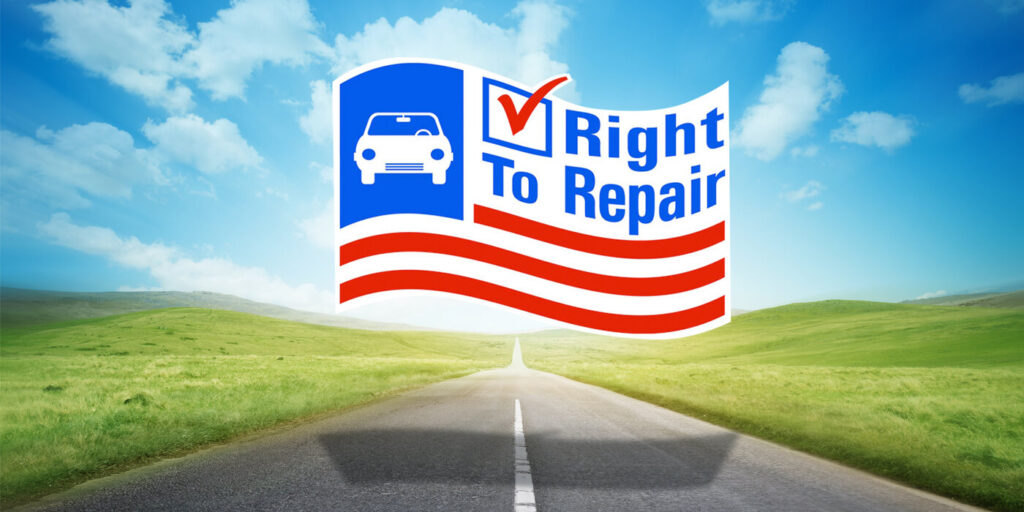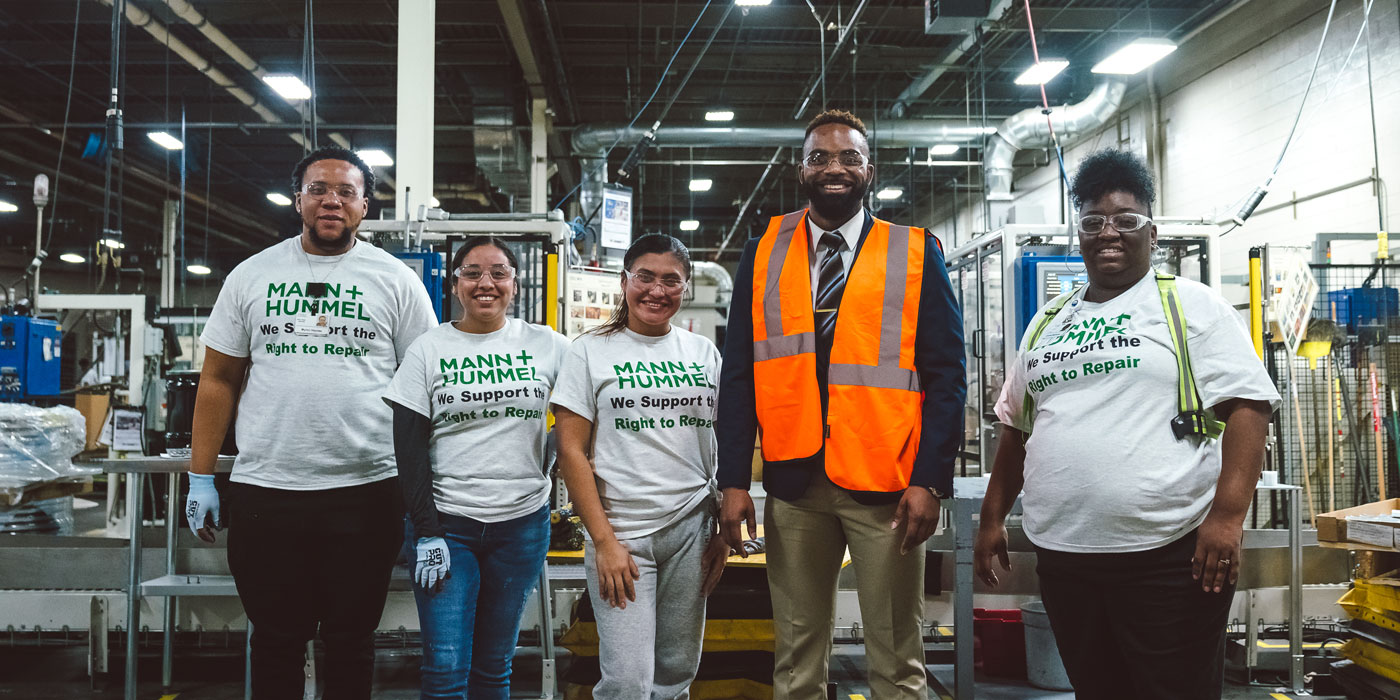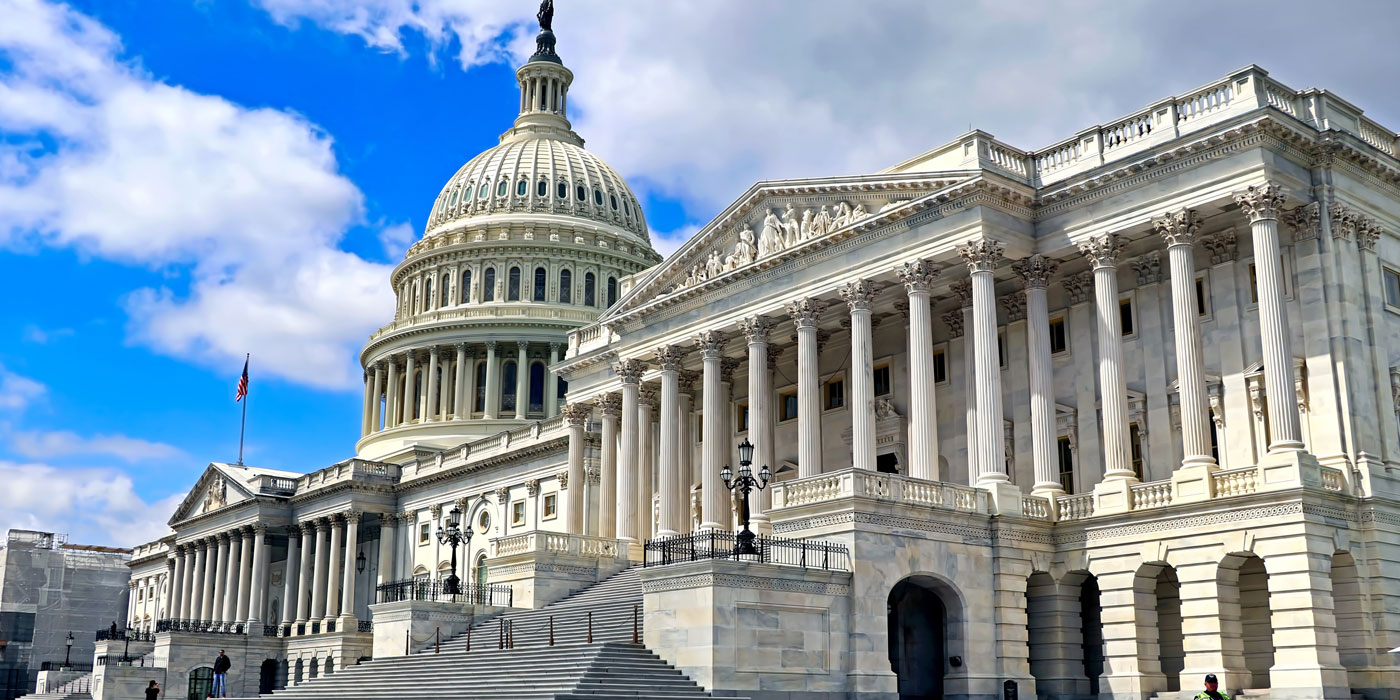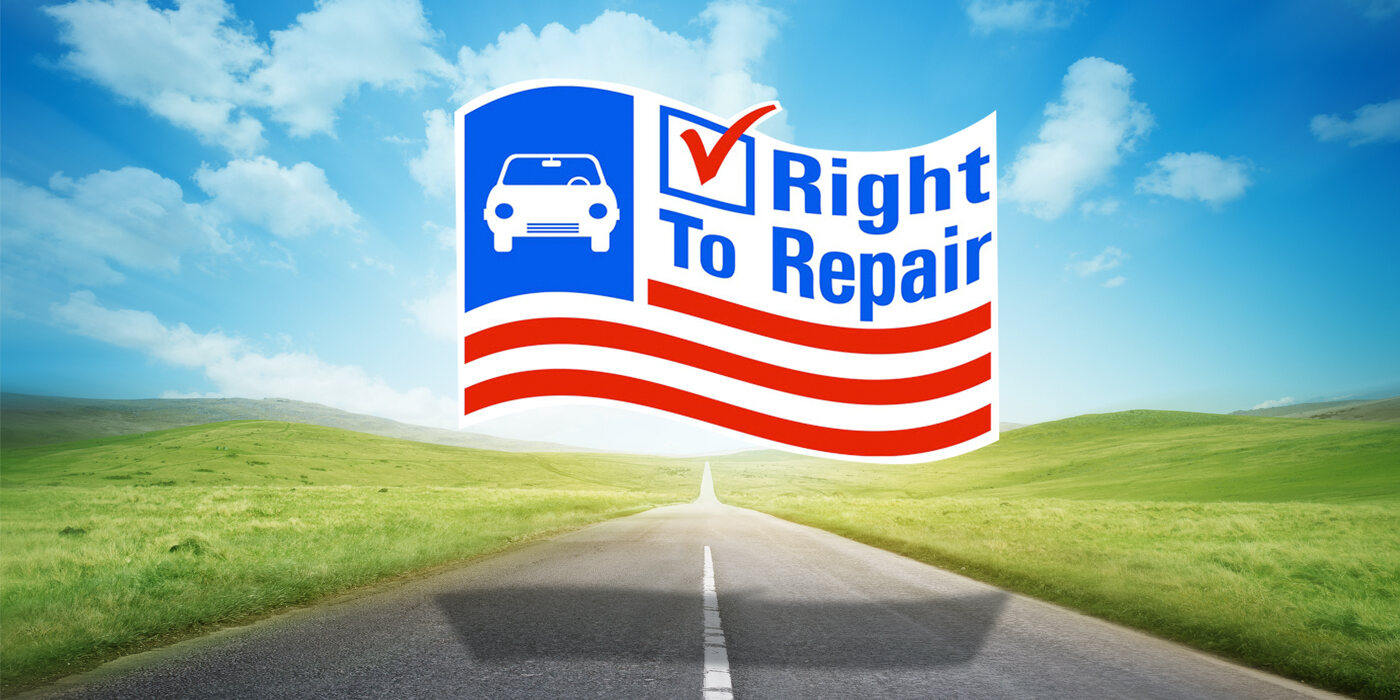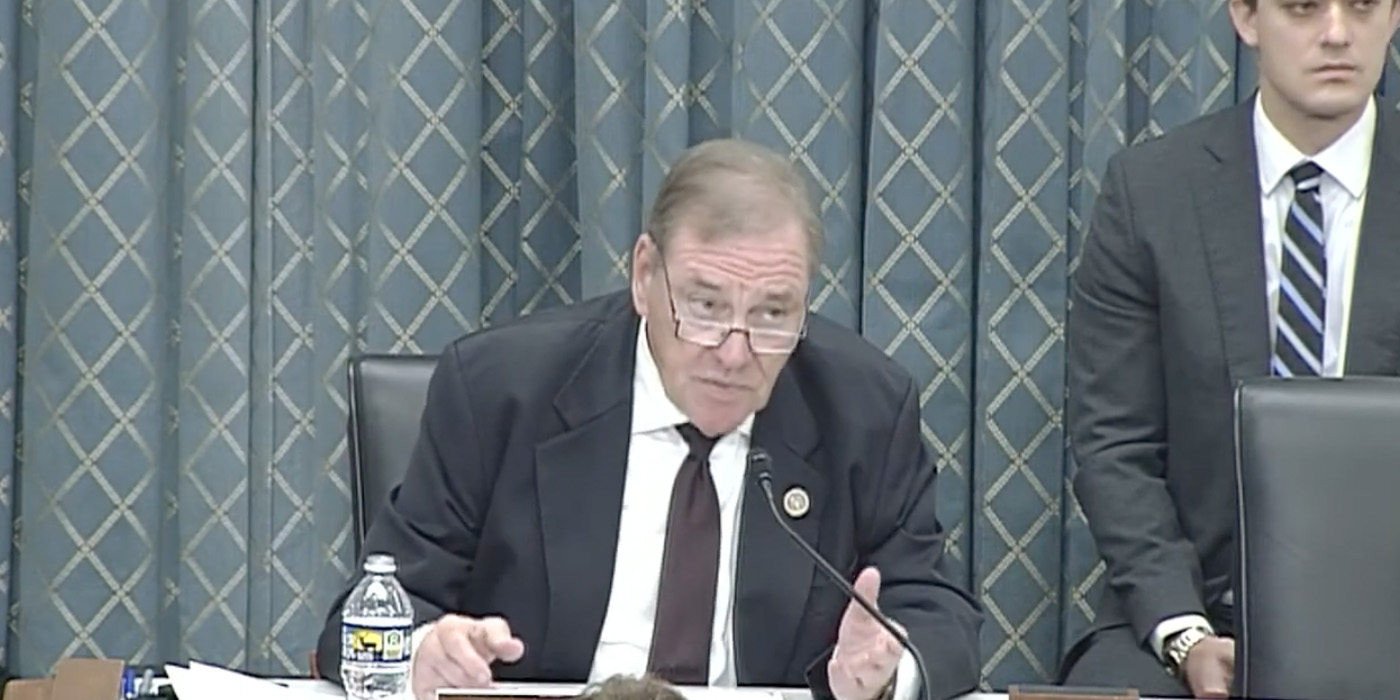In an email blast, Auto Care Association President and CEO Bill Hanvey said the association is working with other Right to Repair supporters to respond to NHTSA’s June 13 letter that urges 22 automakers to ignore the expanded Right to Repair law that Massachusetts voters overwhelmingly approved in November 2020.
Hanvey said Auto Care is working with the Coalition for Auto Repair Equality (CARE) and the Massachusetts Right to Repair Coalition “to craft a response to that letter and to develop a plan to refute NHTSA’s misunderstandings over the interpretation of the law and to demonstrate the viability of our solution to securely grant access to vehicle generated repair and maintenance data by approved agents of the vehicle owner.”
“The NHTSA letter has generated a tremendous amount of backlash on social media and in the press and we need to initiate another wave of support,” Hanvey added.
Hanvey also expressed frustration that NHTSA’s letter “arrived after repeated attempts by Judge Woodlock to engage NHTSA some two years ago during the initial trial for their position on the law and after the window for submissions to the court was over.”
NHTSA: Safety Act Trumps Mass. Law
In the letter to the automakers, NHTSA’s legal counsel asserted that the Massachusetts data-access law “conflicts with and therefore is preempted by” the National Traffic and Motor Vehicle Safety Act.
“While NHTSA has stressed that it is important for consumers to continue to have the ability to choose where to have their vehicles serviced and repaired, consumers must be afforded choice in a manner that does not pose an unreasonable risk to motor vehicle safety,” Kerry Kolodziej wrote on behalf of NHTSA.
“ … Given the serious safety risks posed by the Data Access Law, taking action to open remote access to vehicles’ telematics units in accordance with that law, which requires communication pathways to vehicle control systems, would conflict with your obligations under the Safety Act.”
Kolodziej, NHTSA’s assistant chief counsel for litigation and enforcement, also expressed the agency’s concerns regarding open data access and cybersecurity.
“Open access to vehicle manufacturers’ telematics offerings with the ability to remotely send commands allows for manipulation of systems on a vehicle, including safety-critical functions such as steering, acceleration or braking, as well as equipment required by Federal Motor Vehicle Safety Standards (FMVSS) such as air bags and electronic stability control,” she wrote. “A malicious actor here or abroad could utilize such open access to remotely command vehicles to operate dangerously, including attacking multiple vehicles concurrently.”
Kolodziej also noted that some automakers have said they’ll disable vehicle telematics systems, presumably to circumvent the Massachusetts law. Doing so would have “its own adverse impacts on safety,” Kolodziej wrote.
“For example, telematics-based safety features could facilitate better emergency response in the event of a vehicle crash. Telematics data can also be an important source of information for safety oversight and field performance monitoring by the authorities and vehicle manufacturers. NHTSA often utilizes telematics data in its investigations, and the inability to obtain these data from vehicles with this capability undermines the agency’s ability to fully examine safety-related issues.”
‘A Profound Impact’
In a blog post, Dallin Wilson and Brandon Bigelow of the law firm Seyfarth Shaw LLP asserted that “NHTSA’s unequivocal declaration that the Data Access Law conflicts with and is preempted by federal law is likely to have a profound impact, both in the pending litigation and more generally.”
Meanwhile, U.S. Sens. Elizabeth Warren and Edward Markey, both Massachusetts Democrats, fired off a letter to Transportation Secretary Pete Buttigieg urging NHTSA “to explain its rationale for its harmful actions and respect Massachusetts state law by reversing course.”
“NHTSA’s decision to give auto manufacturers a green light to ignore state law appears to favor Big Auto, undermine the will of Massachusetts voters and the Biden administration’s competition policy, and raise questions about both the decision process and the substance of the decision by NHTSA’s leadership,” Warren and Markey wrote.
In November 2020, an expanded Right to Repair Law – Ballot Question 1 – passed with 75% of the vote. The law would require automakers to equip vehicles sold in Massachusetts with a standardized data platform that enables motorists to access their vehicles’ telematics data through a mobile app.
While the law mandated that the changes were to take effect starting with the 2022 model year, the Alliance for Automotive Innovation – a lobbying group for the major automakers – has kept the law tied in up federal court to block its implementation.
In March, however, Massachusetts Attorney General Andrea Joy Campbell announced that she was prepared to begin enforcing the new law on June 1. In response to an 11th-hour bid to thwart the law from seeing the light of day, the federal judge presiding over automakers’ lawsuit against the state of Massachusetts denied their request for a temporary restraining order.

